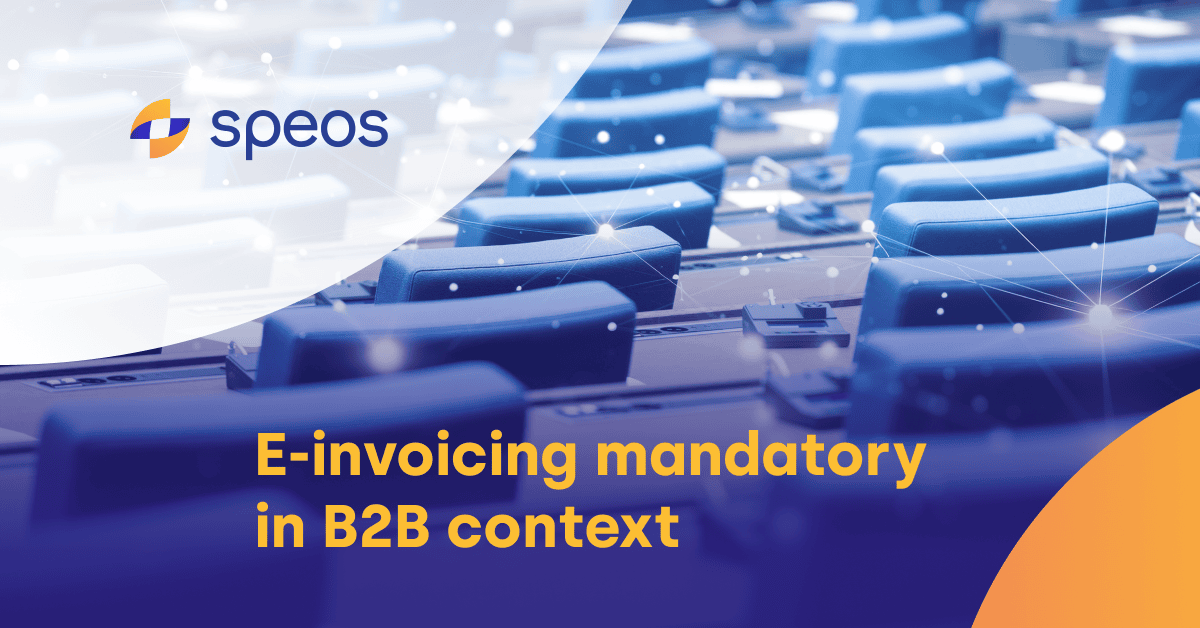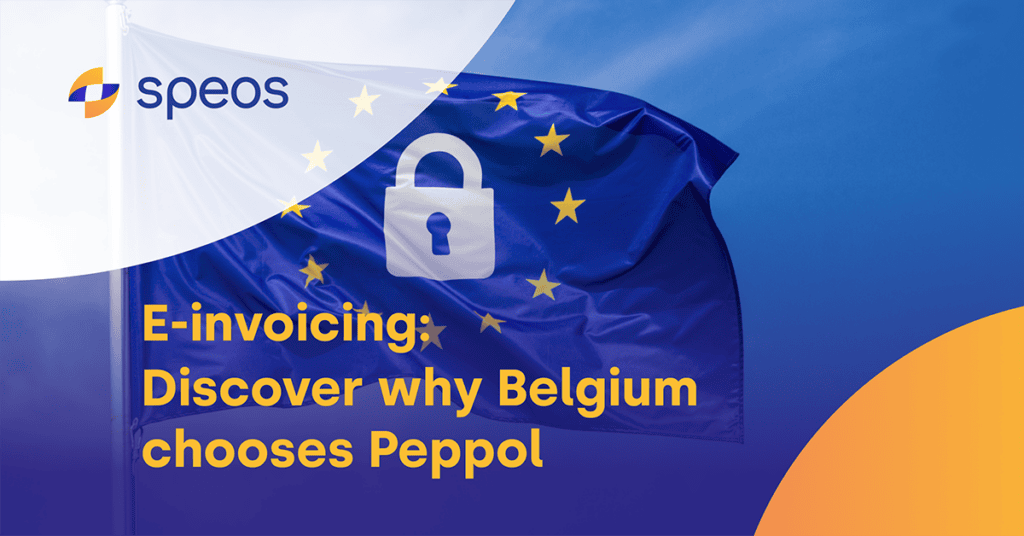The Belgian Federal Council of Ministers has approved a measure that will make e-invoicing mandatory in a B2B context. Currently, e-invoicing is already standard for invoices directed to government entities. From January 1, 2026, all VAT-registered businesses and individuals must comply with regulations regarding the digitalisation of invoices via the Peppol network.
The new legislation is part of a European directive, VAT in the Digital Age (ViDA). This law stipulates that e-invoicing for B2B transactions must be standard in the European Union from 2028. Starting in 2024, European member states may set up a compliance regime, without having to seek permission from the Commission. Poland and Italy were first to jump on the bandwagon, Belgium will join them in 2026.
The Finance Ministry states that the new law is motivated by two factors. First, it will be an important step towards fair taxation. According to the International Monetary Fund (IMF), Belgium has a VAT gap of 2% of the Gross Domestic Product. The European Commission also reports that all member states combined have missed out on 60 billion euros of VAT income in 2021. The transition to e-invoicing is therefore part of our government’s ambition to reduce the VAT gap.
Secondly, e-invoicing dematerializes the standard process of sending paper documents. This will significantly simplify the often complex administration of many organizations, reduce human error, and have a positive impact on cash flow.
What does the new legislation propose?
So, what does this mean for you? Let’s look at a concrete overview of the new legislation:
- From 2026, the issuance of structured electronic invoices will be mandatory in a B2B context, but only between Belgian VAT-registered taxpayers. Cross-border invoices within the EU will be digitized by 2028.
- Peppol (Pan European Procurement On-Line) will become the default standard for exchanging structured electronic invoices. Until the end of 2025, you may continue to send your invoices as PDFs or by post. From 2026, however, you will be obliged to use Peppol, a secure and regulated network for the electronic exchange of documents. Within minutes, new invoices are forwarded directly to the recipient’s accounting system. In an upcoming blog, we will dive deeper into the specifics of Peppol. Also note that, besides Peppol, other options to send invoices are accepted upon mutual agreement between trading partners, and provided that they comply with the EN-16931-1 and CEN/TS 16931-2 standards.
- There is no phased roll-out for the mandate. From January 1, 2026, e-invoicing will be the norm for all businesses and B2B transactions; paper invoices or invoices in unstructured formats such as PDF will no longer be valid. This means that the transition period has already begun and stakeholders can start implementing an e-invoicing system today.
What can you do?
To prepare for the official switch to e-invoicing in 2026, you can already implement the Peppol format now with our speos e-invoicing services. Peppol is an international standard, which means you will be able to use it for sending invoices to customers in Europe and beyond. At speos, we have the in-house expertise to help you transition to Peppol and ensure you are compliant with the new standard. We can support projects on both a national and international scale.
Speos is here for you. As a one-stop-shop for your invoicing needs, all our business lines have the capabilities to support you. We have the technology and certifications to help you make the jump today.




